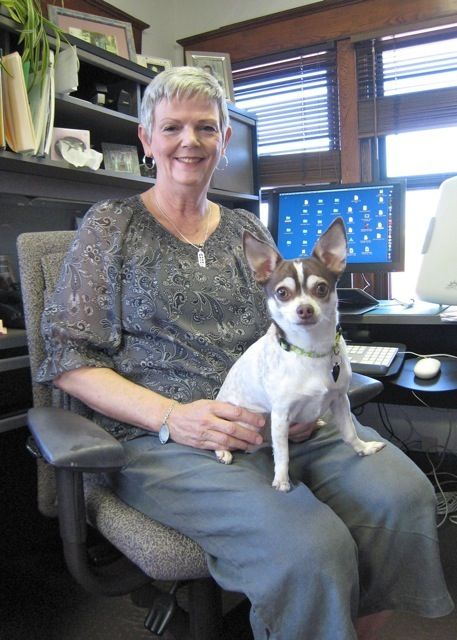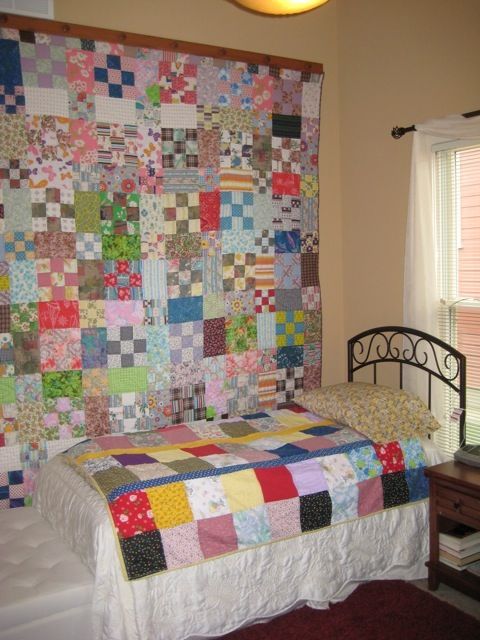Posts Tagged ‘prayer’
Finding the Spiritual in the Early-Stage Journey: Evianne Fogel’s Inspiring Message
“Mrs. Fogel, you are forgetting stuff all the time,” one of Evianne Fogel’s Job Corps students told her.
Evianne was 62-years-old and she had sensed something was amiss. But she didn’t know that her fellow teachers had been covering for her. She didn’t realize that some of her behavior in the classroom was not appropriate.
“They were gentle with me when they told me I needed to quit teaching,” she says.
Her doctor’s visits confirmed she had serious memory issues. She sensed the bitter truth before the doctor told her: she had Alzheimer’s Disease.
Learning How to be Home Alone
Teaching was a huge part of her life. Evianne was a pioneer in working with disadvantaged children and she’d won national notice for her innovative ideas and techniques. She’d traveled the country setting up Job Corps education programs.
Suddenly, instead of having a fascinating job with engaging co-workers and challenging students, she had the four walls of her Cincinnati living room.
“When you’re working all the time, you fantasize how wonderful it’s going to be when you retire,” Evianne says. “But at first, it felt like death for me. I’d sit on my couch and amuse myself by seeing the patterns in the stucco walls. I felt I was put in a chamber with no one else around me. I was used to working and I didn’t how to be in a house all day long.“
Finding Grace in Every Tree Branch
Evianne has a supportive husband who tried to help her adjust. At first, she felt angry and sad. Then, she tapped into her innate resilience.
“I have a sense of higher power,” she says. “I pray and I do feel like there is grace and forgiveness; I think it’s in every tree branch, if we are willing to receive it.”
Evianne had to learn to be alone. It was a difficult moment-by-moment, day-by-day lesson. She practiced talking walks and doing yoga at home.
She also poured more time into her music. She adores playing the piano and volunteers one day a week, giving music lessons. And she’s started on the book she’s always wanted to write, about the amazing inner city children she’s been honored to teach.
Evianne views this time as a gift. She knows she repeats things; she is easily lost and often forgetful. But she is embracing this journey as a chance to deepen her spiritual connection with her higher power and with herself.
Deborah is the author of Love in the Land of Dementia: Finding Hope in the Caregiver’s Journey.
Six Spiritual Practices For Living with a Diagnosis of Dementia
Normally, you can put my friend Vicki Stoecklin in any city and she will easily get her bearings. From Paris to Dubai to Marrakesh, Vicki is used to working in and making her way around foreign countries.
So, at age 58, when she started getting lost in her own city, she knew something was seriously wrong.
Vicki had been plagued with a series of chronic physical ailments and she figured she’d deal with whatever this new issue was.
But she was caught off when the neurologist said bluntly, “You have dementia.”
“What am I supposed to do?” Vicki said.
“Live your life,” he said.
Learning to Live with Dementia
Initially, ”living life” was a huge challenge. She had trouble remembering where she’d put things; her feelings were disoriented. She could no longer drive and or do simple math. Her vision played tricks on her: she saw black holes where there were none. And she felt isolated from her community and friends.
But Vicki had a wealth of inner strength and resources. When she told me about her spiritual practices, I was inspired and moved. Here are a few of the ideas she uses to center and care for herself.
Learning Self-Compassion
“I learned to have compassion for myself,” she says. “If I’m having a hard time concentrating on a book, I stop and do something comforting, instead of pushing myself.”
Using Family Treasures to Encourage Contemplation 
Vicki enjoys contemplating her grandmother’s hand made quilt, which hangs on the wall of Vicki’s meditation room. “She probably had Alzheimer’s when she stitched those squares together,” Vicki says.
Inviting out the Inner Artist
Vicki uses crayons, watercolors, and colored pencils to explore her own artistic process.
“My depth and visual perception is off, so my work is abstract,” she says. “I also find it meditative to color labyrinths and mazes.”
Opening the Heart to Spiritual Texts
Vicki has a number of trusted books she calls upon.
One favorite is Peace in the Storm: Daily Meditations and Prayers for Those Affected with Chronic Illness.
“This book has been a great support to me,” Vicki says. “It’s about finding your relationship with God during the challenges of ongoing illness.” Another book that spoke to Vicki was Proof Of Heaven by Eben Alexander, a neurosurgeon who writes about his near-death experience. She also frequently reads Psalms.
Praying With and For Others
Vicki has a small box that she puts little prayers in for her grandson and her daughter. She has become a chaplain at her church and often prays for others. She also finds comfort in using the 24-hour prayer service at Silent Unity
Documenting Her Life Story
She has created two memory books — one for her work and one for her life. “These books are also reminders of the many happy memories over my lifetime,” she says.
*****
Q 4 U
What are some ways you incorporate spirituality into your life?
If you’d like to contact Vicki, you may email her at Vicki vickiwhllg@aol.com

